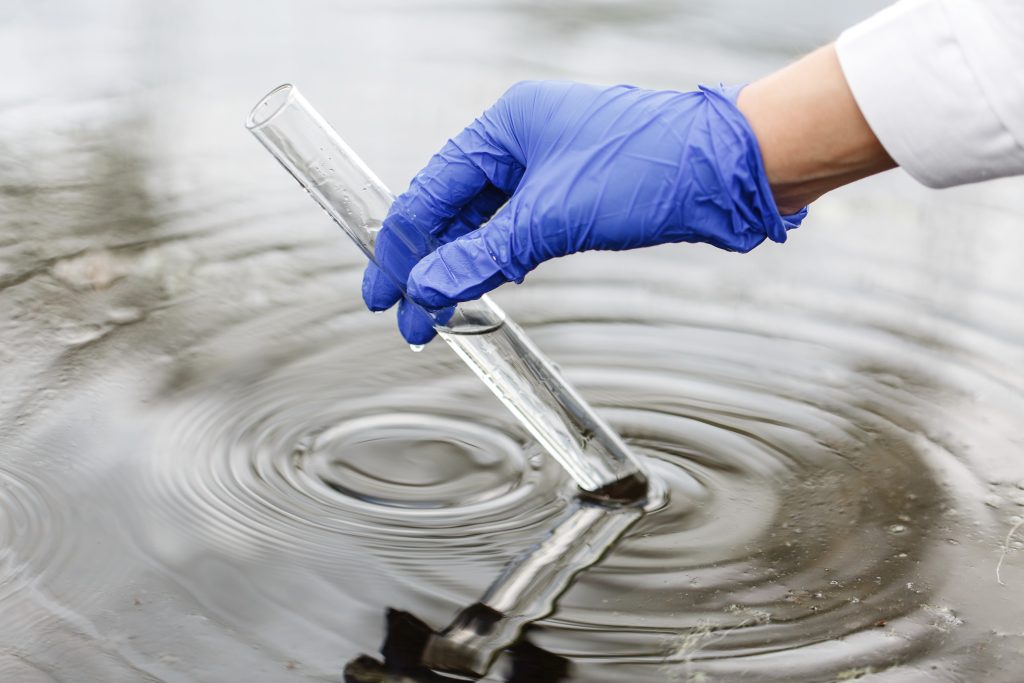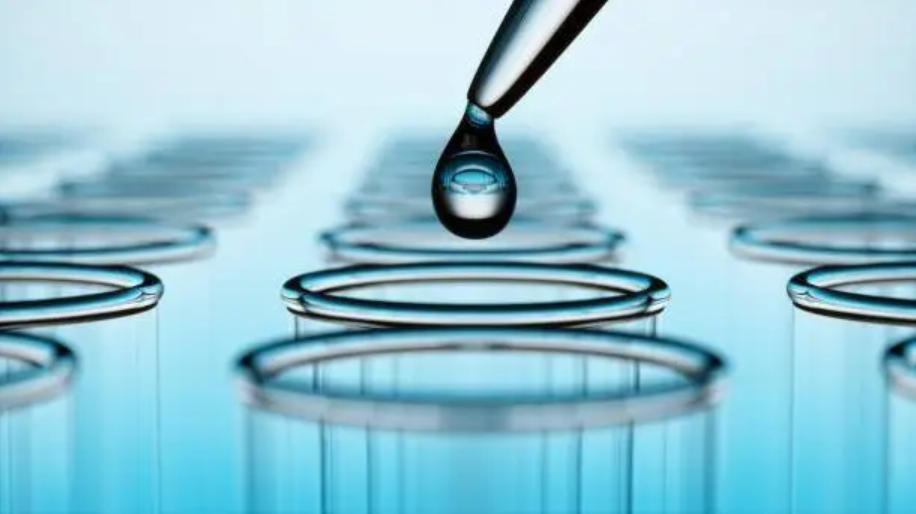Table of Contents
INTRODUCTION:

In today’s blog, we explore water quality Melbourne and how it affects human health and daily life, so that you can take all necessary precautions to ensure the water you use is clean. Clean water is the key to good health, hygiene, and the environment, so when it comes to water quality in Melbourne, this couldn’t be any truer.
Everyone in Melbourne should be educated on the ways that water quality can be impacted and how to test as well as improve it. From how bad water quality can affect your skin and hair, to what types of water are safe to drink, there is a lot to unpack in this guide made for nobody but the people who deal with all the fuss: you.
What is Water Quality? Understanding the Key Elements of Water
Water quality includes the characteristics that make water suitable for drinking, bathing, cooking, and irrigation, as well as other uses. It really is a matter of public health and safety. If you have poor quality water, it can increase health risks, and normal routines require good, clean water.
Chemical Composition of Water
Water has dissolved substances like minerals, salts, and chemicals, and this is the chemical composition of water. Several of these elements are naturally abundant in the environment, while others are byproducts of industrial and other human activities.
Chlorine: This one is commonly used for water disinfection, but it can also lead to skin irritation and gastrointestinal issues at high levels.
Nitrates: Often found in agricultural runoff, nitrates can contaminate water and pose a risk to infants, leading to a condition called “blue baby syndrome.”
Heavy Metals: Such as lead and arsenic, which may be mixed with water from old piping or industrial pollution, causing numerous health problems.
Biological Factors
Bacteria, viruses, and protozoa are microorganisms that contaminate water. These microorganisms lead to diseases like gastroenteritis, cholera & other waterborne diseases. Accordingly, water is monitored for pathogens aggressively for this reason.
Bacteria: The bacteria, which are basically E. coli or other dangerous bacterial species, can cause severe stomach illnesses and infections when ingested.
Viruses: Water can also contain viruses, such as norovirus and hepatitis A, both of which may cause severe gastrointestinal symptoms.
Physical Properties
Physical properties like cloudiness (turbidity), temperature, and color also influence water quality. Good water should be clear, while murky or colored water may indicate contamination.
Turbidity: It is simply the clarity of water, but abnormally high amounts can indicate that large particles or pollutants are present in quantities that make water unsafe to drink.
Temperature: The temperature of the water with which a fish has to come in contact can influence its ability to store oxygen, which is essential for aquatic existence. Frigid temperatures can damage the integrity of ecosystems and water quality.
Knowing these components of water quality allows you to better evaluate the water in your home, helping you determine if it meets the minimal standards necessary for your health and safety.
How to Test Water Quality in Melbourne
Before you use any water, it is important to test your water to make sure it is safe and usable. Although this is the case that Melbourne water supply is highly pure and potable still it would still be good to monitor in some households if there are any contaminants that might impact health.
Basic water quality tests can be done at home using kits that are available for purchase. These tests are easy to use and check for a large number of contaminants. Common parameters to test for in water quality include:
- PH Levels: The PH level of the drinking water should be between 6.5 and 8.5. Testing pH allows you to check for water that may be too acidic or alkaline.
- Chlorine Content: Melbourne’s water often contains chlorine for disinfection. While safe in small amounts, too much chlorine can irritate the skin and eyes.
- Mineral Content: If your water contains large amounts of calcium and magnesium, hard water can cause scale in pipes and skin irritation.
- Lead Contamination: Older homes in Melbourne may still have lead pipes, which can leach into the water. Lead testing is crucial in these cases.
- Turbidity Levels: Cloudy or murky water is an indication of dirt or bacteria infiltration, both compromising the safety and taste of drinking water
The tests are cheap, easy to carry, and indicate in real time if the water quality is not suitable for domestic use.
What Does Water Quality Mean for Your Skin and Hair?
In Melbourne, bad quality water can damage your skin and hair. High chlorine or mineral water can be for your hair and its damage, in turn leading to dryness, irritation. Water quality plays an important role in our skin and hair health.
How Does Water Quality Affect Your Skin?

Your generous skin oils also ensure your water quality, but as soon as these chemicals, like chlorine and minerals, are in place, they will displace the inflexible layer of oil on the film. The result is dry and irritated skin, which can worsen conditions like eczema, acne, or psoriasis. Those with sensitive skin are the most susceptible to these effects.
- Hard Water and Skin Health: Hard water can leave a mineral residue on your skin, which could clog the pores and cause breakouts or a more serious condition of irritation. On the other hand, which can add hardness to water and decrease skin moisture, accelerates aging.
How Does Water Quality Affect Your Hair?
This can render the hair to become dry, brittle, and broken, also when it is not adequately conditioned. Hard water, especially, can leave a mineral deposit on your hair that makes it look dull and lifeless. The deposit makes it difficult for shampoos and conditioners to work efficiently.
However, there are measures you can take to lessen its effects. A water softener or shower filter is one way may decrease the damage done by poor quality water on your skin and hair.
How to Improve the Quality of Water in Melbourne Homes
Ensuring the water you drink is safe and healthy relies on improving water quality in Melbourne. Here are some of the possible water systems you can improve in your home that will help upgrade your water quality.
Water Filtration Systems
The best way to remedy the issue of dirty water is through a water filtration system installation. These filter systems eliminate cancerous agents, chlorine, lead, as well as harmful bacteria in the normal water. A few of the most commonly used filtration systems:
- Activated Carbon Filters: This type of filter is great at removing chlorine, volatile organic compounds (VOCs), and other chemicals that can make your tap water taste or smell bad.
- Reverse Osmosis Systems: Reverse osmosis (RO) systems are a top-quality filtration option, removing impurities such as heavy metals, pesticides, and bacteria.
- UV Water Purifiers: These purifiers kill bacteria and viruses using ultraviolet light and do not use any chemicals.
Installing a Water Softener
If you have hard water, a water softener is also useful for cleaner filtered water. The unique approach to preventing scale and reducing the amount of calcium and magnesium also ensures that it reduces the hardness of your water without damaging your skin, hair, or appliances.
Routine Water Maintenance
Regular maintenance of your water systems, like cleaning filters and inspecting plumbing, helps to keep your water safe. You also want to have semi-annual professional testing done to catch any new problems that may arise in your water quality.
Why Regular Water Testing is Important in Melbourne
While Melbourne water quality is carefully monitored, you should test your water regularly to check for any impurities that may affect your health. These are the things that may get tested: lead, bacteria, chlorine, and hardness, especially if you live in an older house with antiquated plumbing.
Remaining vigilant through testing and upkeep, you can be confident that the water you consume and use is suitable for fresh, not contaminated.
What Can You Do to Improve Melbourne’s Water Quality on a Community Level?
Some steps you can do at home to manage your water quality, but there are also community-wide efforts that help with the health of our waterways, and more on a larger scale.
Upgrading Infrastructure
The upgrade of water infrastructure will support Melbourne. The replacement of the old pipes and better water treatment plants is simply to ensure that the water before it reaches homes remains of top quality.
Proper Stormwater Management
Stormwater runoff is a major driver for the transport of unsightly chemicals in Melbourne’s rivers and reservoirs. Keeping the water clean and managing stormwater with green infrastructure and smart urban planning
Conserving Water
Practicing water conservation in Melbourne can help preserve sustainable water use, improve the overall quality of the water. Also, simple measures such as reducing water wastage can go a long way in conserving water resources.
Impact of Poor Water Quality on Public Health in Melbourne
Low water quality can greatly affect the health of Melbournians. These can cause a number of health issues, such as waterborne diseases, gastrointestinal problems, and skin diseases due to contaminated water. For example, drinking water that is contaminated by lead or pesticides can cause kidney damage, birth defects, and developmental delays in children and cancer over the long term. It is important for the health of Melbourne residents to have good water quality, at both a household level and on a wider community scale.
Water Quality Regulations in Melbourne: Understanding the Standards
There are a number of government agencies that regulate water quality in Melbourne and manage daily operations to ensure the suitability of the supply for both health and safety standards. Water quality is monitored and managed by the Victorian Environment Protection Authority (EPA) and Melbourne Water. They test water quality at set times and provide some statutory protection to prevent contamination. Laws like this one are in place to ensure your water meets the appropriate safety standards so you can drink, bathe, and cook with peace of mind.
Water Conservation: A Vital Aspect of Water Quality in Melbourne
Melbourne plays a vital role in the conservation and quality of water. We are in urgent need to be responsible with water so that we can pass clean freshwater on to future generations. Fixing leaks, using water-efficient appliances, and adopting rainwater harvesting systems are among some of the ways in which the pressure on Melbourne’s water resources can be lessened and the quality of community water improved.
Conclusion
Health, Hygiene, and quality of life are dependent on maintaining healthy water quality in Melbourne. Here are the tips to show you how to test and improve your water quality so that you can take actions to better take care of yourself/ your family from potential health risks.
Ways to enhance the purity of water used: Install filtration systems, use water softeners, or perform regular tests. At the same time, such a game-changing solution to an immense challenge deserves support from the rest of society. Assisting with wider community projects that improve assets or manage stormwater will help guarantee clean and safe water for everyone in Melbourne.
Being informed and doing your part to ensure the best water quality will benefit not only you but also a greener Melbourne.

_edited_9.png)